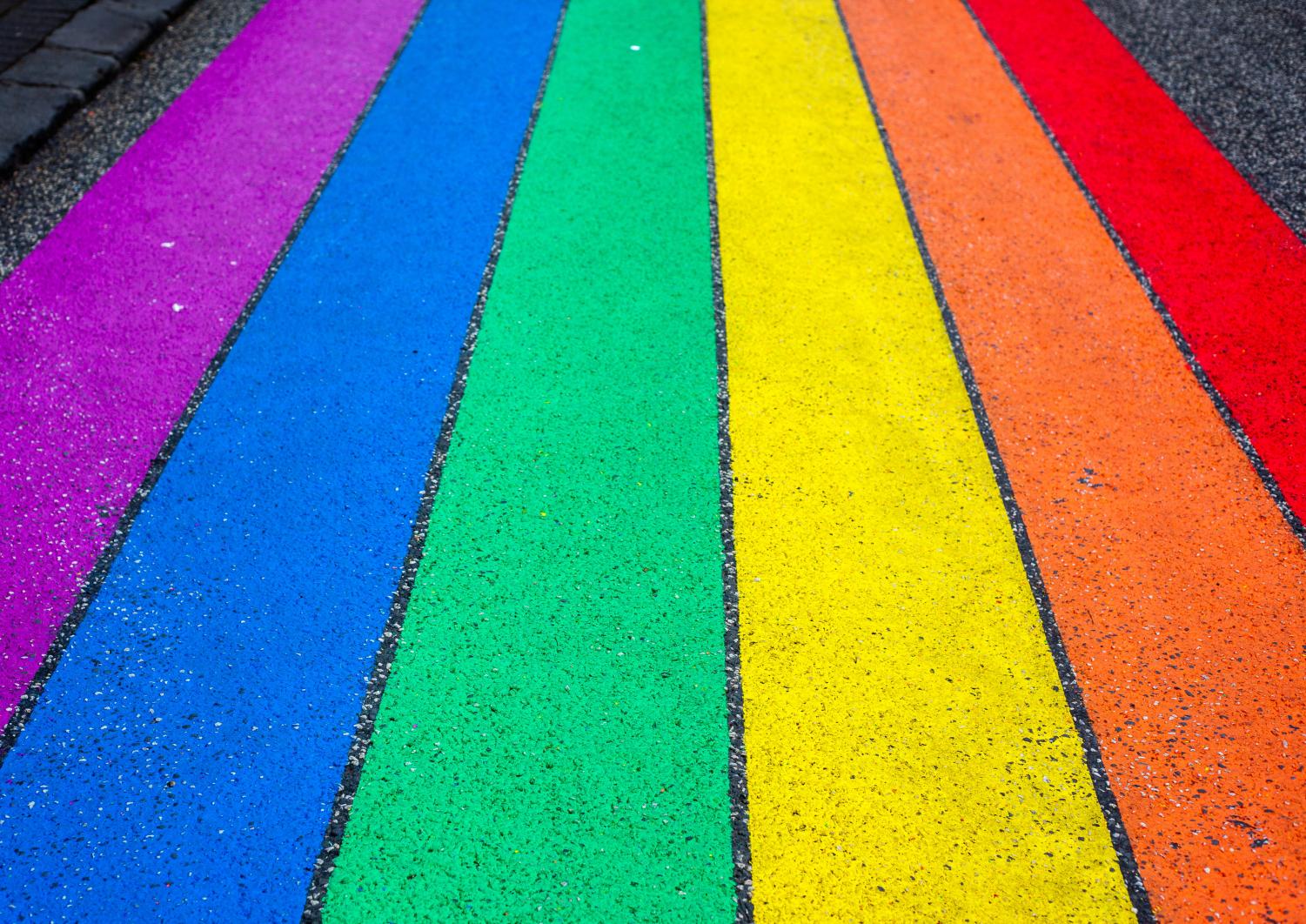Black LGBTQ+ World News
February 25, 2021
The current coronavirus pandemic has previously been reported to affect marginalized groups more than their more privileged counterparts, and new information shows that a new subgroup of people is disproportionately affected by the impact of the virus.
New research by the Human Rights Campaign, an LGBTQ+ advocacy group shows that black LGBTQ+ individuals are facing harder impacts than other black Americans from the coronavirus in the form of economic inequalities.
Before the virus, black people in the group faced job insecurity and unfair treatment, but since the virus, it has only gotten worse.
In the survey conducted by the Human Rights Campaign, 31 percent of Black LGBTQ+ respondents reported a reduction in their work hours, compared to 23 percent of all Black respondents and 28 percent of all LGBTQ+ respondents.
Some members of this community have lost their jobs completely with 18 percent of Black LGBTQ+ respondents becoming unemployed, compared to 16 percent of both all Black respondents and all LGBTQ+ respondents.
This type of data collection is expected more primarily as racism is slowly becoming treated as a public health issue, as people of color in general are often the ones who heavily impacted health crises. Surveys like this help these communities get more of the resources, as they represent a more significant need for them.
It seems that every black history month we learn a new figure pushed aside in history, earning the title of an unsung hero. This time, it seems to be Bayard Rustin who is pushed to the forefront, who has had many accomplishments during the civil rights movement along with Dr. Martin Luther King Jr. but was forgotten history because he was gay. If times seem bad now for gay people it was even worse in the ’60s, to the point that Rustin, who some historians actually claim to be one of the founders of the Civil Rights movement was pushed aside because of his sexual orientation.
He served as a mentor to Dr. King himself and also to Congressman John Lewis, who we lost just last year. As we honor his memory of the month and ones to come, we must always remember the heroes whose names we do not know, and although we benefit from the fruits of the labor today, we will never get to thank them properly.
Violence against women is not new, neither is the fact that black women usually are the ones more prone to die when victims of violence, but what people sometimes neglect to put on on forefront of the news is the growing violence and hate crimes against black transgendered women.
2021 has just started and it is not the breath of fresh air we all wishing for basically since 2020 started, especially for the family of 21-year-old Black transgender woman Fifty Bandz, who was shot to death in Baton Rouge, Louisiana on January 28. Her death makes the fifth violent death of a transgendered person since 2021 started. Her death also exposes the epidemic of violence between partners, when one identifies as a gender non-conforming/transgendered person.
Fifty was killed by a man she had been in a relationship with for close to a year, which sadly is not a new trend. In 2020, approximately seven in ten transgender and gender non-conforming people killed were killed as a result of fatal violence by an acquaintance, friend, family member, or intimate partner.
This unreported and less publicized epidemic of violence surged in 2020 and already is on the road to doing so last year, and needs the support of the Black Lives Matter community to help support them in the words of Tori Cooper who is the acting HRC Director of Community Engagement for the Transgender Justice Initiative, “This level of violence is infuriating and heartbreaking. Fifty was killed by someone she knew — if we can’t trust the people we know, who can we trust? We need everyone to take action to bring this horrific violence to an end.”
